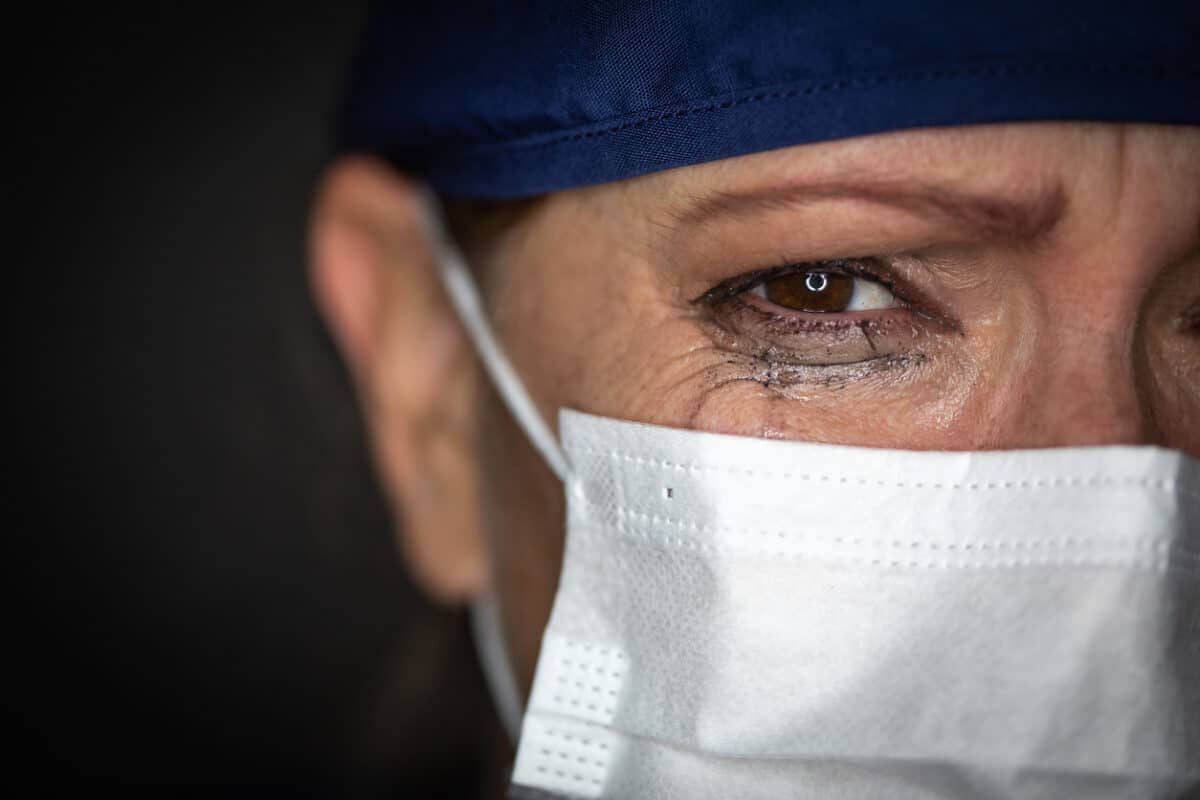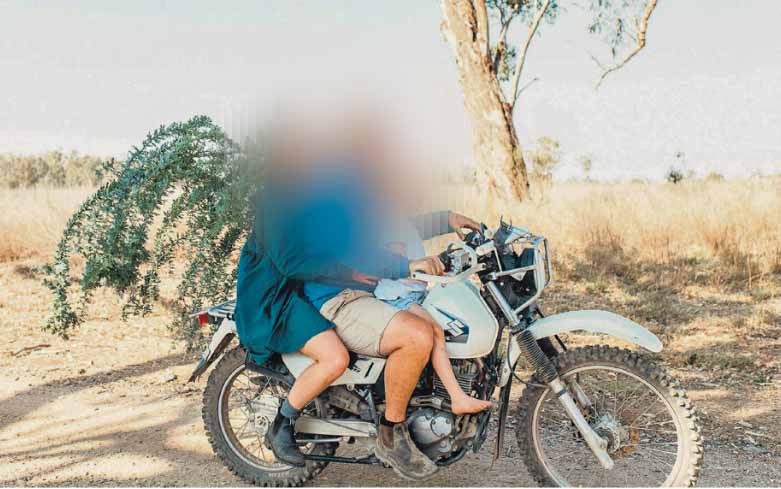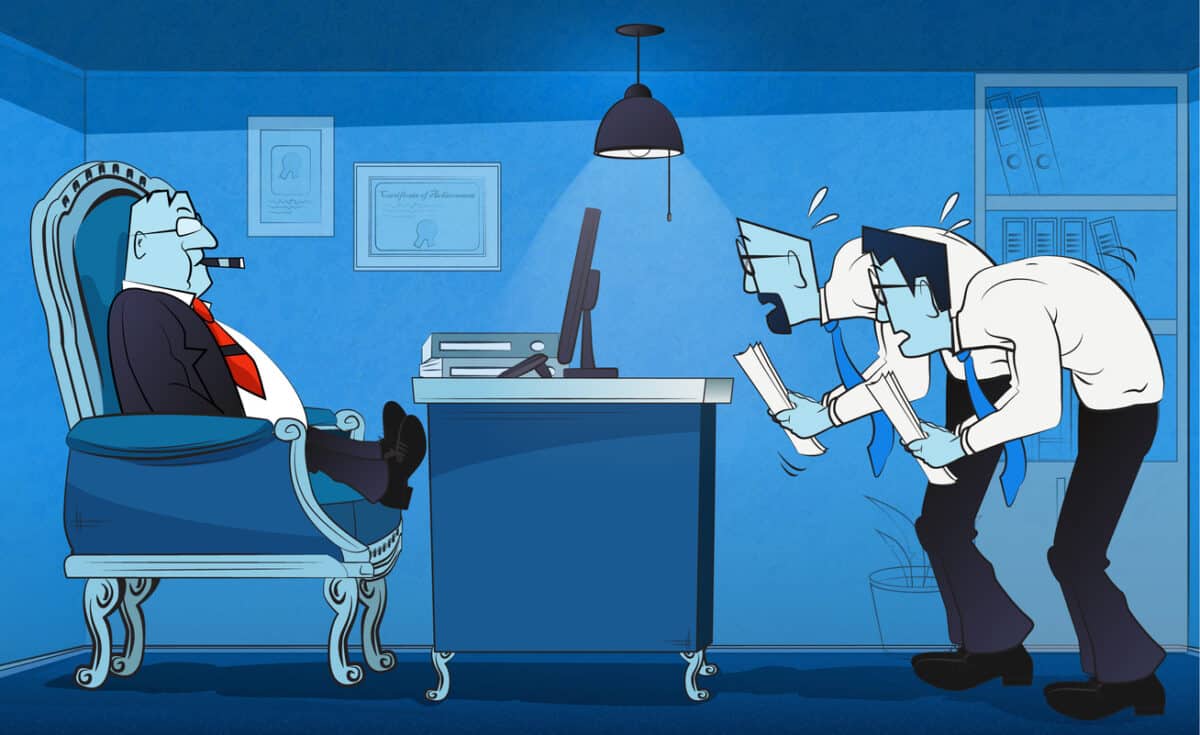On December 29 2023, The Guardian newspaper’s cover story was about doctors in the United Kingdom’s National Health Service experiencing high rates of “moral distress”. It is common for hospitals and health care services to consider themselves as workplaces with unique hazards rather than suffering similar occupational health and safety (OHS) challenges to all other workplaces. What makes the OHS challenge so significant in the NHS is the size of the challenge rather than its nature or cause.
Should photos of unsafe activities be published unedited?
In early December 2023, the Australian Financial Review (AFR) published this (unblurred) photo of a woman, a man, and a child riding a single motorbike in the Australian countryside. Riding in such a way is unsafe, some may say reckless, and contrary to the operational guidelines of motorcycle manufacturers. Should the AFR have used this photo? Should there be a ban on such photos?
An industrial relations perspective on psychosocial hazards
The prevention of workplace psychosocial hazards will be an increasing issue of concern and debate in 2024 as more Australian jurisdictions re-emphasize the application of occupational health and safety (OHS) laws to this insidious hazard. That debate requires a broad range of voices to better understand prevention strategies and to assess existing strategies that have failed or impeded progress. Emeritus Professor Michael Quinlan is one such voice, especially in his recent article, “Psychosocial Hazards: An Overview and Industrial Relations Perspective”.
[Note this article discusses work-related suicide]
Thanks for a successful 2023
A holiday video message of thanks from me.
Continue reading “Thanks for a successful 2023”Caesarstone has a point in its identification of the root cause for silicosis deaths
Engineered stone manufacturers are, understandably, not happy with Australia’s proposed ban on their silicosis-generating products. Some home builders have also expressed dissatisfaction. They are often ignoring the reason for the ban – the unnecessary deaths of workers – although at least one argument has merit.
In an article by the Australian Broadcasting Corporation, Caesarstone, the major supplier of engineered stone to Australia, identified what it sees as the real causes of silicosis risks:
Australia is the first nation to ban engineered stone due to worker health concerns
The heads of Australian work health and safety authorities have decided to ban engineered stone from the middle of 2024. Some will seed this as a win for the trade union movement ( the unions certainly will), but many occupational health and safety and industrial hygiene professionals have been leading the way in obtaining the research evidence that made this decision such an easy one to make.
“made through the blood of the workers who never came home”
Last week, the Australian Parliament passed a tranche of industrial relations laws; laws that were, unsurprisingly, objected to by some business groups but included some occupational health and safety (OHS) contexts. Industrial Manslaughter was the obvious one, but pay equity and increased job certainty, if not security, for some industry sectors, has the potential to reduce job stress.






